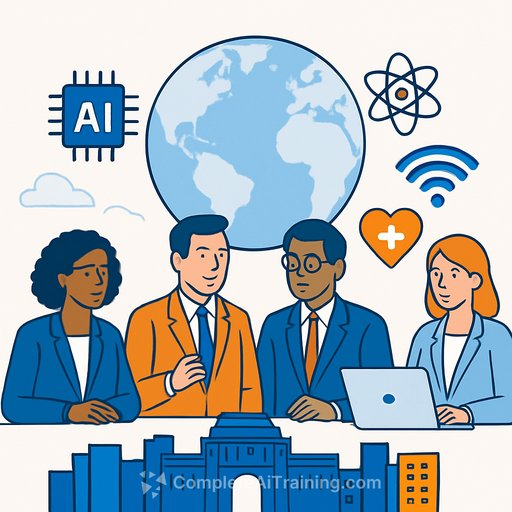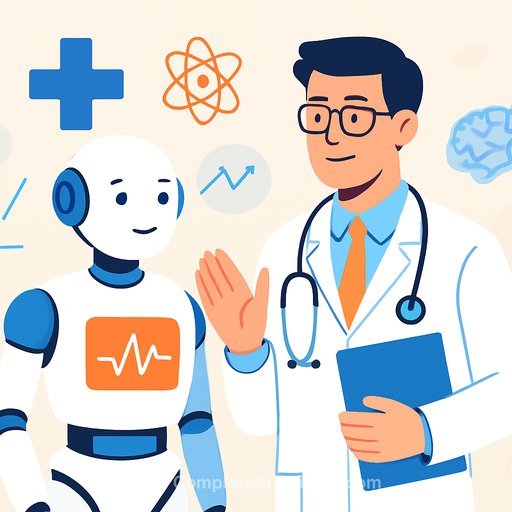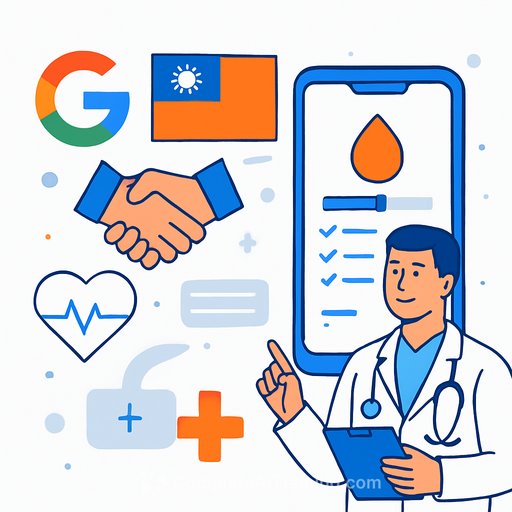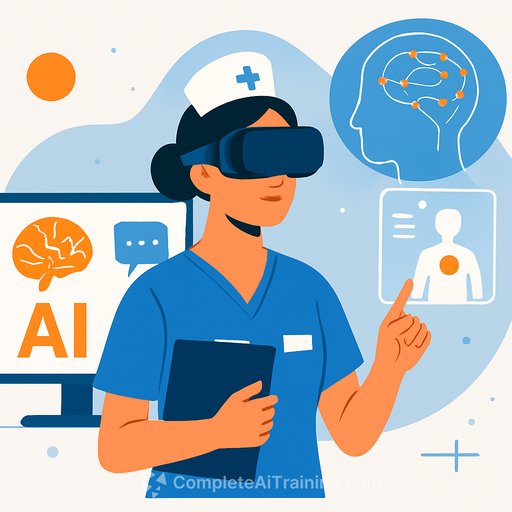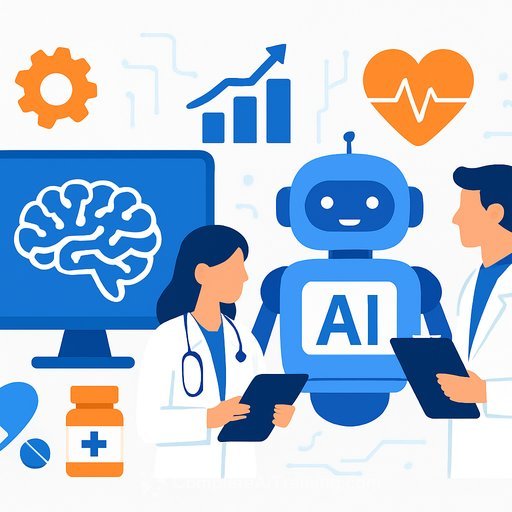GCWCN 2025: What healthcare leaders need to know
Held November 22-23 in Lonavala, GCWCN 2025 brought together AI, quantum, cloud, and IoT researchers with direct implications for hospitals and life sciences teams. Five standout papers tackled problems you face every week: data governance across clouds, zero-trust security, privacy-preserving learning, device uptime, and faster diagnosis.
If you work in clinical operations, digital health, or biomedical engineering, the message was clear: smarter systems are here-and they're practical. Below is a quick brief you can take back to your teams.
Why this matters for healthcare
- Better diagnostics: AI that fuses signals (ECG, EEG and more) to detect neuro-cardiac issues earlier.
- Data protection without roadblocks: Federated learning enables cross-hospital insights while keeping PHI local.
- Security for multi-cloud reality: Zero-trust architectures and quantum-resilient methods harden EHRs, data lakes, and APIs.
- More uptime, fewer surprises: IoT analytics flag device failure risks before they interrupt care.
- Governance that adapts: Policy automation across vendors helps compliance keep pace with new data streams.
Highlights with direct healthcare impact
Adaptive cloud governance for PHI-grade data
"Neuromorphic LLM Pipelines for Adaptive Big Data Governance Across Distributed Cloud Providers" (Nirmal Sajanraj, Sarvesh Peddi, Ashok Ghimire, Pankaj Kumar Tejraj Jain) presented an AI-driven policy layer that updates and enforces data rules across multiple clouds. Think automated access controls, audit trails, and drift checks that reduce manual overhead and lower compliance risk for HIPAA/GDPR workloads.
Zero-trust threat detection across multi-cloud
"Quantum-Federated Threat Detection in Multi-Cloud Data Lakes: A Zero-Trust Security Approach" (Sooraj George Thomas) combines federated analytics with models built to withstand future cryptographic risks. For hospital CISOs, this points to earlier detection of lateral movement, stronger segmentation, and faster incident response across EHR, imaging, and research data zones. See the NIST guidance on Zero Trust for a reference baseline.
Federated learning for cyber readiness and data sovereignty
"Quantum-Federated Learning for Cybersecurity: Secure Threat Detection and Response Using Multi-Cloud Data Lakes" (Priya Ranjan Kumar, Balaje Prasath Manoharan, Piyush Ranjan) showed how hospitals can collaborate on threat models without sharing raw PHI. Practical upside: stronger detection, local control, and cleaner audit posture.
IoT sensor analytics for predictive maintenance
"RAG-Driven IoT Sensor Analytics: Real-Time Data Engineering for Predictive Maintenance in Hybrid Cloud Environments" (Hemant Soni, Balakumar Ravindranath Kunthu, Tarun Vishwanath Chincholi, Rishiraj Kohli) outlined a retrieval-augmented pipeline that pulls knowledge from manuals, logs, and telemetry to predict failures. Biomedical engineering teams can translate this into fewer unplanned outages for critical devices and better service scheduling.
Multimodal AI for early neuro-cardiac diagnosis
"AI-Enhanced Multimodal Framework for Early Diagnosis of Neuro-Cardiac Disorders" (Sai Pavan Veluguri) integrates multiple biosignals with AI to support triage and clinical decision-making. This approach can reduce time to diagnosis, especially in cases where symptoms present ambiguously across neurology and cardiology. For regulatory context on AI-enabled SaMD, review the FDA's AI/ML device guidance.
What to do next
- Inventory data flows and access paths across clouds; align with zero-trust principles for identity, segmentation, and continuous verification.
- Pilot federated learning with a partner hospital or research network to build shared signal on threats or rare-disease patterns without moving raw PHI.
- Start device telemetry for high-impact equipment (imaging, infusion pumps, ventilators) and apply predictive maintenance on a small fleet first.
- Create an AI validation checklist: data lineage, drift monitoring, bias checks, and a rollback plan tied to clinical risk.
- Upskill your staff so clinical, IT, and security teams speak the same language. Practical options: AI courses by job role.
Conference snapshot
GCWCN 2025 ran at the Corporate Training Center, STES's Campus, Sinhgad Institute of Technology, Kusgaon (Bk), Lonavala, with hybrid participation from researchers, academicians, and industry leaders. Keynotes included Nagarjuna Nellutla (Site Reliability Engineer, USA) and Balaji Krishnan (Senior Technical Architect, Salesforce.com, USA). The committee reported 1,312 submissions, with selected papers presented across Computing Technologies, Cybersecurity & Quantum Computing, Secure AI & Distributed Learning, IoT & Edge Intelligence, and Healthcare AI & Biomedical Engineering.
The takeaway for healthcare: invest in secure data sharing, dependable device operations, and clinically validated AI. Small pilots now will compound into safer systems and better outcomes next year.
Your membership also unlocks:

